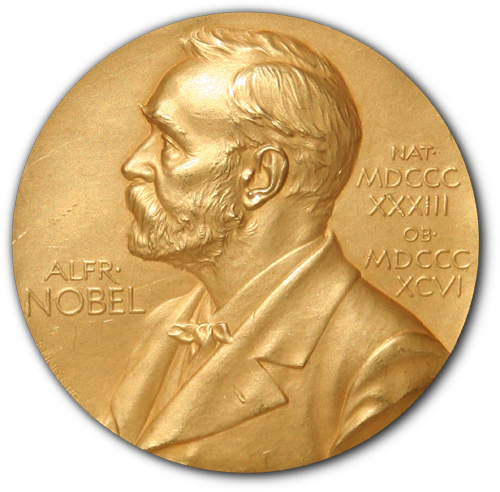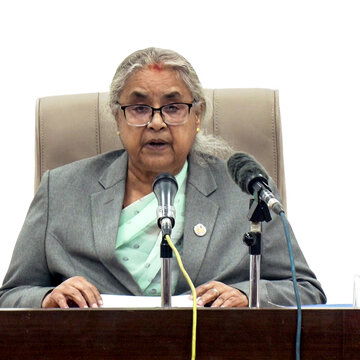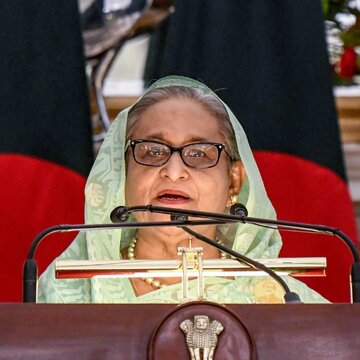The Nobel Prize has been the pinnacle of international acclaim for excellence in literature, science, peace, and other fields for more than a century. However, beneath its glistening reputation, there are some lesser-known tales
The Nobel Prize and the Curie family
Marie Curie is the only person to have been awarded Nobel Prizes in two different natural sciences (Physics in 1903 and Chemistry in 1911), and her husband, Pierre Curie, was co-recipient of her first Nobel Prize. Marie Curie won the prizes for her work on radioactivity and the discovery of new elements. Her daughter, Irene Joliot-Curie, received the Nobel Prize in Chemistry in 1935 (along with her husband, Frédéric), for the discovery of artificial radioactivity (the production of artificial radioactive isotopes in the laboratory). The Curie family won five Nobel Prizes, making it one of the most distinguished Nobel Prize-winning dynasties in the history of science over two generations.
Promise of Albert Einstein to Mileva Maric
Albert Einstein promised his then-wife, Mileva Maric, in their 1919 divorce settlement that he would give her the full amount of the prize money from a future Nobel Prize, even though Einstein had not yet received the honor. As promised, Einstein transferred the money when he was awarded the Nobel Prize in 1921, providing Maric and their kids with some financial stability.
The theory of relativity was rejected
Einstein's theory of relativity was repeatedly rejected by the Nobel Prize committee, which preferred experimental evidence over theoretical and speculative explanations. Only when pressure from the global scientific community increased did Einstein win the Nobel Prize in 1921 for his theory of the photoelectric effect, which could be measured and confirmed, rather than his theory of relativity. However, it continues to influence how scientists investigate a lot of natural phenomena.
Mathematics and Alfred Nobel's jealousy
It's a common misconception that Alfred Nobel decided against awarding a prize for mathematics because his wife had an affair with a mathematician. It's untrue; Nobel never even got married. It is more likely that Nobel left mathematics out of his foundation because he did not believe it to be directly "useful for humanity," which is one of the requirements for the prize. In 1901, the first Nobel Prizes were given out. People still question why math and, more recently, computer science are not awarded prizes.
Ignored female researchers
The chemist Otto Hahn won the Nobel Prize despite Lise Meitner's contribution to the discovery of nuclear fission. Despite receiving 48 nominations, Meitner never took home the honor. Similar experiences were had by Jocelyn Bell Burnell when Pulsars, a kind of neutron star, were discovered. Bell Burnell received a Nobel Prize in Physics for her discovery, but Antony Hewish, her PhD advisor, received the honor. Two men, Hewish and Martin Ryle, split the prize that year. Despite being widely recognized, the Nobel Committee disregarded Bell Burnell's pivotal contribution. Bell Burnell and Meitner's cases are regarded as illustrations of the systemic disadvantage that women in science continue to experience.
No Revocation of prize
Even if the science is later shown to be incorrect, the Nobel Prize has never been formally withdrawn. The Danish doctor Johannes Fibiger, who was awarded the Nobel Prize in Medicine in 1926 for discovering that worms cause cancer, is one example. Later, his science was refuted. Antonio Egas Moniz received a prize for creating the lobotomy, a treatment for mental disorders that involves severing nerves in the brain's frontal lobe. In 1949, Moniz was awarded the Prize in Medicine. Lobotomies have long been regarded as dangerous and ineffectual.
As the Nobel season returns each year, revisiting these hidden chapters reminds us that the prize is more than a medal; it’s a mirror of history, human ambition, and the ever-evolving pursuit of knowledge and peace.











